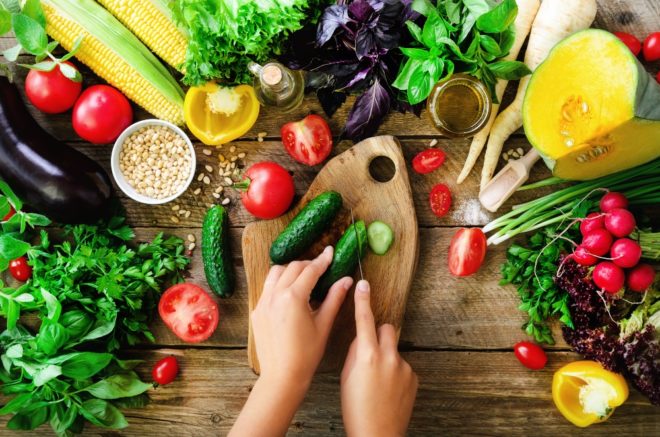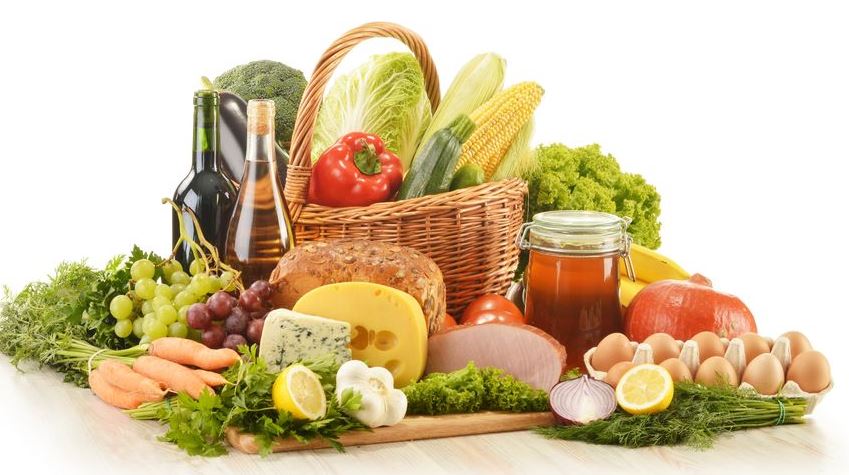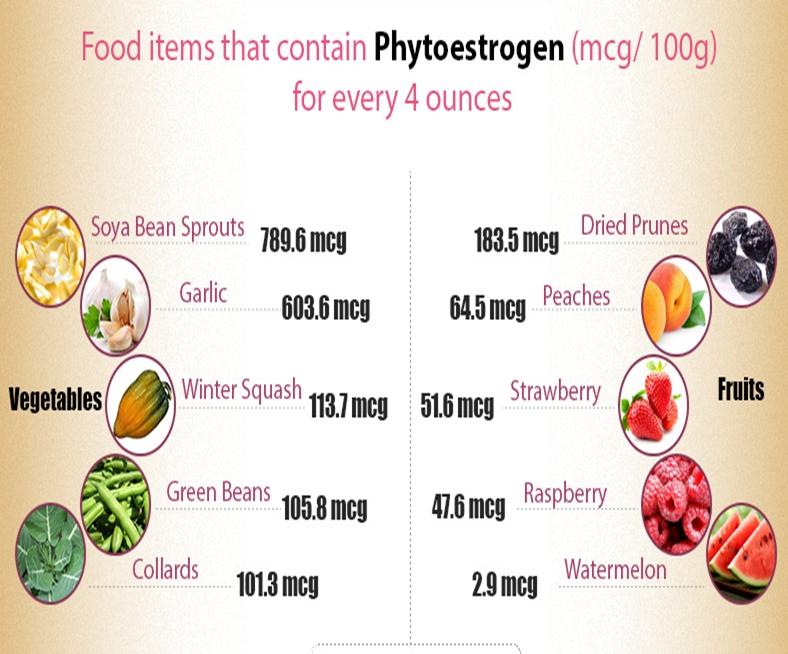Growing your own food can have numerous positive impacts on the environment:

Reduced Carbon Emissions: By growing your own food, you reduce your reliance on commercial food production, which often involves extensive transportation. This transportation contributes to greenhouse gas emissions. Growing food locally minimizes the distance it travels to reach your table, thereby reducing carbon emissions and your overall environmental impact.

Preservation of Biodiversity: Home gardening often encourages the use of diverse plant species, resulting in greater biodiversity in your garden. This diversity provides habitat for beneficial insects and microorganisms that play crucial roles in the ecosystem, such as pollination and soil health. By supporting biodiversity, you contribute to a more balanced and resilient environment.

Reduced Pesticide and Fertilizer Pollution: Conventional agriculture relies heavily on synthetic pesticides and fertilizers, which can have detrimental effects on the environment. These chemicals can contaminate soil, water, and air, posing risks to human health and wildlife. By growing your own food, you can opt for organic practices and reduce your contribution to chemical pollution.
Water Conservation: Commercial agriculture often requires large amounts of water for irrigation. Growing your own food allows you to implement water-saving techniques, such as rainwater harvesting, drip irrigation, and mulching. This helps to conserve water resources and reduces the strain on local water bodies.
Improved Soil Health: Gardening practices, such as composting, crop rotation, and cover cropping, can improve soil health. Healthy soil is essential for sustainable agriculture. It retains water and nutrients better, reduces erosion, and supports a diverse microbial community. By growing your own food, you can contribute to the improvement of the soil quality on your property.
Community Resilience: Growing your own food can help to strengthen community resilience. By producing your own food, you become less dependent on external sources and can better withstand disruptions to food supply chains caused by economic or environmental factors. Additionally, community gardening projects can foster social connections, promote health, and provide opportunities for education and skill-sharing.
Participating in backyard gardening can contribute to a more sustainable and resilient food system. While the environmental benefits of home gardening are significant, it is important to note that the overall impact depends on the specific practices and methods you adopt. By employing organic and sustainable gardening techniques, you can maximize the positive environmental outcomes of growing your own food.










